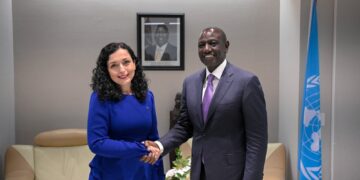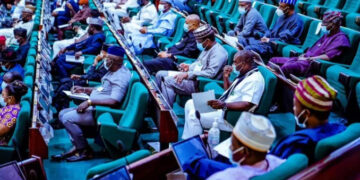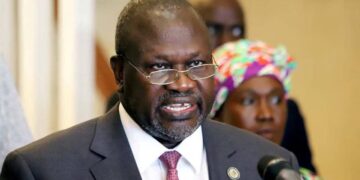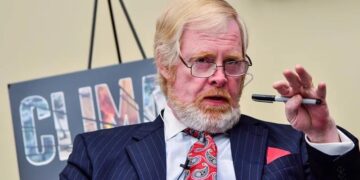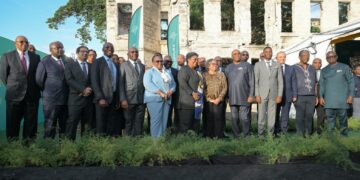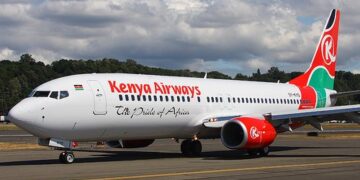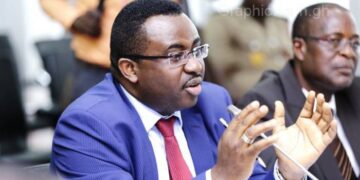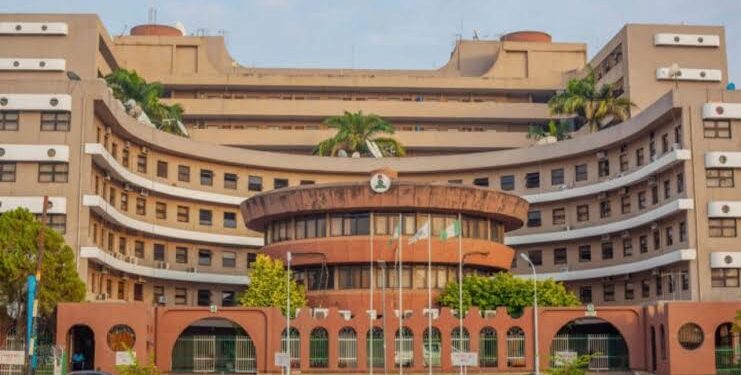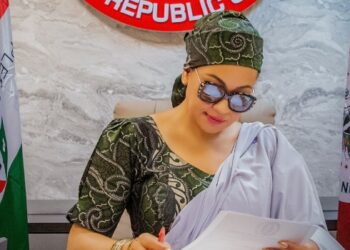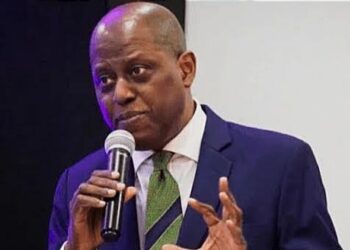By Emmanuel Nduka
No fewer than 19 out of 38 eligible Directors who sat for the Permanent Secretaries’ examination have failed.
The process of appointing new Permanent Secretaries commenced on Monday, November 11, with a written examination.
This was confirmed by Eno Olotu, Head of Information and Public Relations at the Office of the Head of Service of the Federation in a statement on Tuesday in Abuja, Nigeria’s capital.
She said the exercise reflects President Bola Tinubu’s commitment to enhancing and sustaining effective public service delivery, led by top-ranking civil servants equipped with essential 21st-century skills.
“The Office of the Head of the Civil Service of the Federation has commenced the three-stage assessment for appointing new Permanent Secretaries on Monday, November 11, 2024, with a written examination.
“Nineteen of the 38 eligible directors who sat for the examination have scaled through this first stage and will be participating in the second stage, which will test their competence in using information, communication, and technology (ICT) in conducting government business on Wednesday, November 13, 2024.
“This three-stage exercise follows the established tradition of a transparent and rigorous process, designed to ensure that the very best candidates are appointed,” Olotu stated.
The statement added that successful candidates will then proceed to the final stage, appearing before a carefully constituted panel of top bureaucrats and representatives from the organised private sector on Friday, November 15, 2024.
“This process will culminate in Mr President’s appointment of the best candidates representing the eight states of Abia, Bayelsa, Ebonyi, Enugu, Gombe, Kaduna, Kebbi, and Rivers, where vacancies exist.
“The Head of the Civil Service of the Federation congratulates all 38 candidates and appreciates the continued support of the Nigerian public in fostering meritocracy in career progression within the Civil Service,” the statement added.
Heritage Times HT reports that recent data from the United Nations Educational, Scientific and Cultural Organization (UNESCO), showed that Nigeria has a literacy rate of approximately 62-63%. This places it relatively low in comparison to many other African countries. In terms of rankings, Nigeria typically falls in the mid-range for literacy rates across the continent.
Nigeria’s literacy rate is largely influenced by various factors, including access to quality education, regional disparities, and infrastructure challenges.
While Nigeria’s civil service has been accused of not having seasoned professionals, especially in leadership positions, the country’s private sector is blessed with experts.












